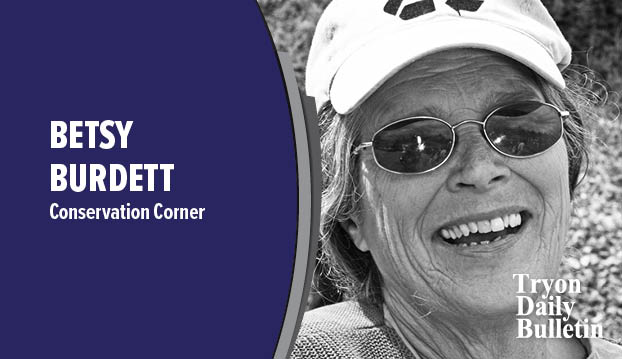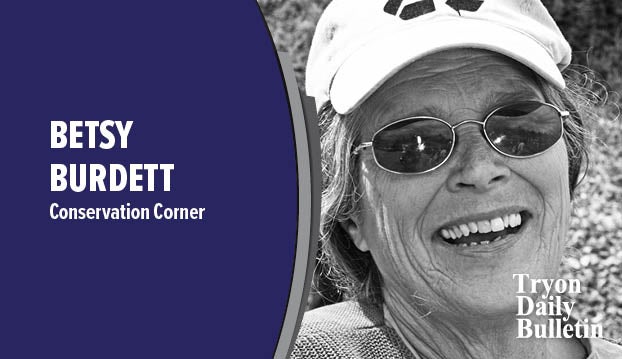Lost history need not be lost forever
Published 11:18 am Wednesday, June 26, 2024
|
Getting your Trinity Audio player ready...
|
There was a stack of CDs in the office that were made 15 years ago to save information so that we could get rid of all the paper documents. We thought that we’d be saving the information, but now we cannot retrieve that information because our new computers are unable to read CDs. In reality, we were throwing it away just like those file folders that went in the trash.
I borrowed Chuck Hearon’s CD reader and looked at the CD labels, then loaded one titled 1850-1860 map. The reason why I chose that particular CD is because a friend and I had walked on Round Mountain recently, and we wondered how the Revolutionary War soldiers got up to Round Mountain to kill all the Native Americans in 1776.
To my surprise, there was no road there at all in 1776, not even a trail. There was no Tryon, nor Saluda, only Hendersonville, Flat Rock, and Sandy Plains on the map. There was a Saluda Gap between the mountain ridges on both sides of the Pacolet River.
Trending
What old timers had told me years ago is that the Indians/Native Americans lived in the south-facing hollers above the Pacolet River, which makes a whole lot more sense than living on a mountain with no water. Yes, Capt. Thomas Howard led his men up the mountain the back way to surprise and kill all the Indians there, most likely using the old trails used and maintained by the Indians for centuries. Then we gave Capt. Howard the honor of naming a road up the side of the mountain after him years later. And, Captain Howard was all of 16 years old when his faithful Indian guide, Skyuka, led the soldiers up the mountain. Think about all of these facts for a while; they do not speak well of our history, of which we are so proud.
Yes, history does not always make us feel good. But, as people tell us all the time, “facts are facts,” and we need to know the facts. History is usually written by the winners. Learning about what really happened so many years ago is not always comfortable, but it is our heritage, and we are better people when we know and accept the truth of what our ancestors did to create the nation in which we now live.
For a long time, I have wondered about the complete ‘lack of historical knowledge’ about the Black residents of Saluda and Polk County. I have heard that many of the Indians who managed to stay in our area lived with escaped slaves before the Civil War, and then after the freed slaves came up to the mountains. According to the census records, there were many Black folks living around here in the late 1800s. In 1930, there were 93 Black residents in Saluda when Saluda’s total population was less than 400. But I have never seen any of that history written down. What I know about the Black residents I’ve found in old deeds and real estate records in the Polk and Henderson County Registries, including old maps. Until 1909, Saluda was divided in half between Henderson and Polk Counties, which makes finding those old records challenging, exasperated by the fact that Black folk didn’t really ‘count’ in those days.
But they do count if we are to know and understand our heritage. Many of our beautiful historic homes surrounded by rock walls were made with dark hands. Black servants also provided the meals and laundry for the inns that brought tourists to our towns.
Saluda Community Land Trust has started an initiative to both restore the land and preserve the history of Saluda’s Black residents who built and created homes in the area now called Reclamation Park. SCLT is launching a series of programs this summer to highlight the Black history that is almost forgotten. If you have memories, please share them.
Did you read last week’s column by Drew Hines about the Kingdom of the Happy Land? Thanks to an old deed, we know that one of those Happy Land residents moved to Saluda in 1907, next to the old St. Matthews Church on Irvin St.
Trending
There is information out there, somewhere, and we as a community can bring it all together so that a very important part of our community heritage will not be forgotten. Please look at the webpage for Reclamation Park, at www.reclamationpark.org.
Maybe you will want to be a part of this project. I hope so.






